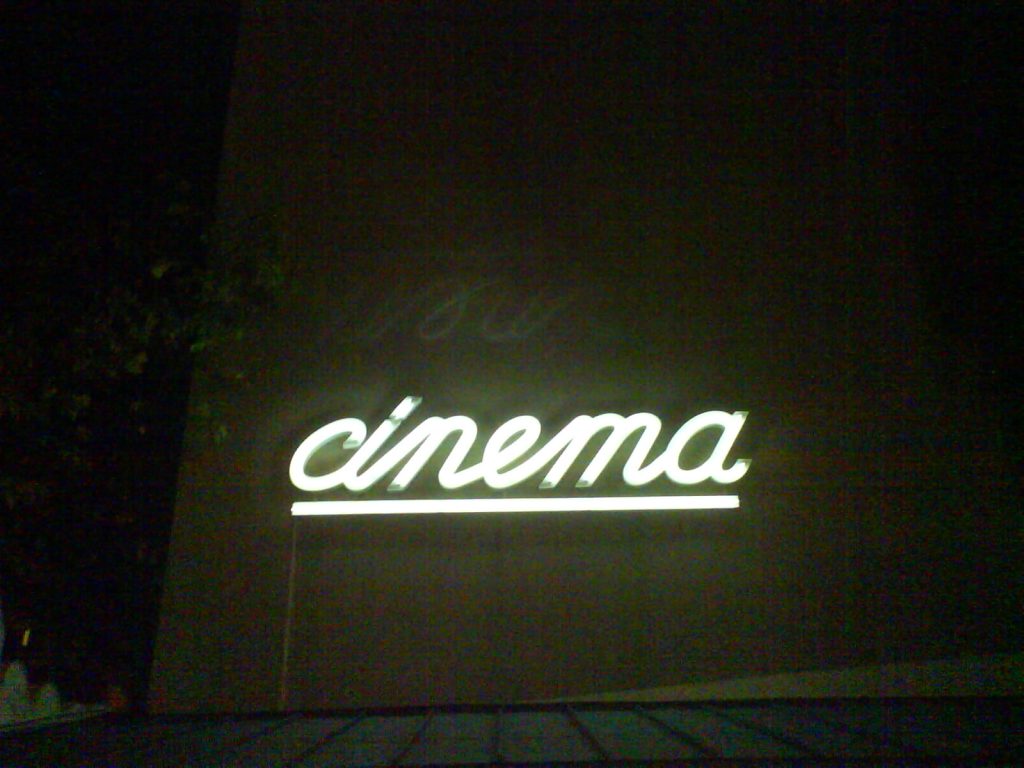
October marked the release of ‘Suffragette’, a film directed by a woman (Sarah Gavron), written by a woman (Abi Morgan) and, unsurprisingly, starring a lot of women, including some of the finest actresses of our time. I wish I could say that this is a common occurrence. Unfortunately, I don’t have that luxury.
There is no beating around the bush: sexism is well and truly thriving in the film industry. A recent report by the “Guardian” found that female directors were only 7% of the top 250 films released last year. The figures aren’t much better for female screenwriters, only making up a measly 11% of the biggest films released. Moreover, only four women have ever been nominated for an Academy Award for Best Director, and only one – Kathryn Bigelow for ‘The Hurt Locker’- has ever won. Of the eighty seven Directing Oscars awarded, only one has been given to a woman, which can only be regarded as a disgraceful fact.
According to some, female directors are seen as a riskier choice for big-budget movies, and more often than not, studios would choose a less experienced male filmmaker over a female one with more credentials. But it’s not just in film that this is happening – in boardrooms and offices across the globe, experienced women with outstanding qualifications are being pushed aside for men. Ultimately, you have to ask yourself the question – if a woman had more credentials than a man, would I choose not to hire her? If (hopefully) your answer is no, then why does it still happen in our major entertainment industries today?
As an aspiring film director and writer myself, these endless statistics are incredibly disheartening. Cinema has been a boy’s game since the 1920s and women have consistently been pushed aside in favour of giving the men the big-budget films and the recognition that is attached. Of course, it hasn’t always been this way – early cinema has been widely acknowledged as a thriving time for women in the film industry. Many of the early known filmmakers were female, including Alice-Guy Blache, Lois Weber and Mary Pickford. It was only when filmmaking became an industry, intent on making money over art, did the idea of the female director start to die out. Perhaps it is our nature now; the first thought of ‘critically acclaimed’ directors are to lean towards men. Female filmmakers have become an afterthought.
Perhaps you’re thinking, that the severe lack of female directors working in Hollywood today, is the primary cause for such a deficit – that no one is willing to take over such important roles. Think again. Emma Thompson, Lone Sherfig, Nancy Meyers, Sofia Coppola, Kathryn Bigelow- all household names who are rarely given the same prestige bestowed upon hundreds of male directors. And that list doesn’t even scratch the surface of the growing number of female independent directors who explore, challenge and revolutionise our society and history, many of whom remain nameless in our film industries. The demand is not that women are given ALL the directing jobs, but to make up the balance between the two. An author of a film should not be chosen based its gender, but rather on its experience and capability as a filmmaker.
These words won’t change the world. Sexism, as long as it stands as an institution in our society, will continue to weave its way through the international film community. But, as awareness increases, so does our capability at fighting back. Every new voice is one less day female filmmakers have to fight to be heard, and that’s something we should all support, regardless of our gender.
